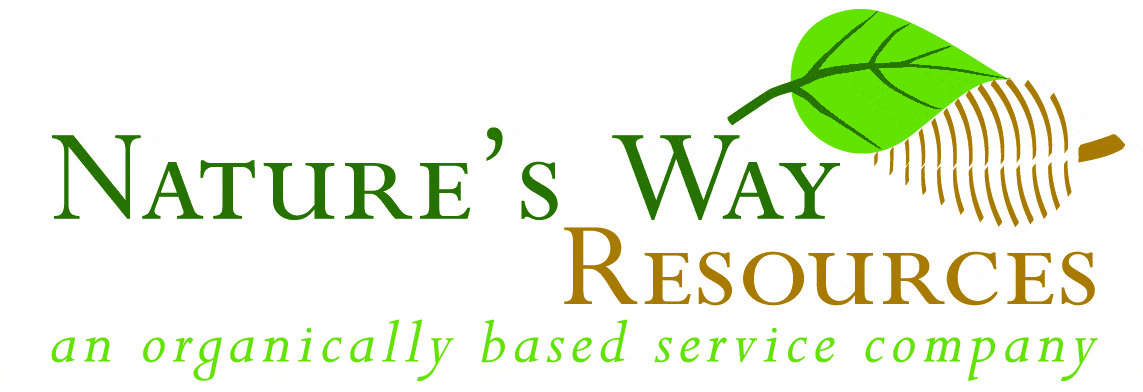John's Corner:
Soil & Plants (Part 224)
News from the Wonderful World of Soil & plants 224
By: John Ferguson
More and more health professionals are talking about the importance of nutrient dense food. The Epoch Times newspaper (Mind and Body section), had a very nice article in the June 1-7, 2022 issue. In the article by Dr. Fuhrman, he states that a healthy diet can be expressed by the equation “H=N/C,” or in other words health can be defined by the nutrients per calorie in our food. The chart above clearly shows that as nutrient dense food declines (H), health problems increase.
Every day it is becoming more apparent that the health care system and pharmaceutical industry does not want us to be healthy, as sickness is VERY profitable. The fast food industry also benefits by its high calorie low nutrient foods that are addictive.
In the new book, “Fast Food Genocide” by Joel Fuhrman, MD, he explains the deliberate destruction of a population by the fast food side effects. For example, a paper in the journal Gastroenterology (2022) found that that our fast-food diet is directly tied to colorectal cancer.
As gardeners we need to grow more of our own food (vegetables, fruits, and herbs) as possible on organic minerally enriched soils. Also note, more and more studies are showing that heirloom varieties of vegetables not only taste better, contain more anti-oxidants, more anti-cancer chemicals and have much higher nutrient levels. The heirloom flowers also have much higher quality of pollen and nectar for our pollinators and their seeds are more nutritious for our birds..
The very windy days we have had this past week made me think of a paper I read from last year. It takes five times stronger or more intense winds to erode soils covered with biocrusts that bare dirt. We continue to learn more every day about the importance of microbes, from our plants to our guts. Bio crusts cover about 12% of the earth’s surface. A paper in the journal Nature Geoscience (2022) found that microbial biocrusts prevent 700 tera-grams (1.5 trillion pounds) of dust from entering the atmosphere each year.
We need to change our perception and realize microbes are our friends and not the enemy.
When microbes like a fungus attack our plants, it is not the microbe that is the problem, as they are just doing their job in nature as God intended. They are signaling that something is wrong with the system and they are only the symptom and treating the symptom does not correct the problem.
A new study from researchers at Rice University published in the journal Environmental Science and Technology (2022) has placed a dollar value on the damage done to the environment from artificial fertilizers.
Total annual damages from ammonia were $72 billion, nitrogen oxides were $12 billion, and nitrous oxide were $13 billion. These emissions not only are major contributors to climate change but also contribute to particulate formation and smog.
The reasons to use modern biological methods (organic) and organic fertilizers in our gardening and landscapes increase every day.
Several times we have talked about the damage fluoride does to soils, microbes, and plants. A paper in the journal Ecotoxicology and Environmental Safety using data from NHANES 2015-16 survey found a prevalence of the disease called dental fluorosis in 70% of our children. Other new research has found fluoride exposure is neurotoxic, lowers IQ in children, and significantly increases ADHD diagnoses. As stated above many special interests want to keep us sick. Hence the U.S. Centers for Disease Control is promoting a new fluoridation system that will expose 20 million more Americans to harmful levels of fluoride.
For gardeners it has been found the less we water our landscape with fluoridated water the healthier our plants are. Another reason to use modern organic methods is that plants easily require 50% less water to stay healthy and the saving increases as the soil gets healthier.
Above we talked about how artificial fertilizers are a major contributor to climate change. Hence, a question I often get asked is “What can gardeners do to help prevent climate change.
To quote Dr. Doug Tallamy there are four things a gardener can do in our landscapes; 1) sequester carbon, 2) support pollinators, 3) support the soil food web, and 4) manage our water (watershed).
One of the biggest problems is our lawns and as he states – it is not what a lawn does but what it does not do. Compared to other plants lawns sequester very little carbon. They require massive amounts of maintenance and resources. Our gas lawnmowers use 800 million gallons of gasoline and spills 17 million gallons of oil into the environment. Most lawns are water hogs (usually by using obsolete toxic chemical methods in their maintenance).
The two stroke engines used in blowers, weed eaters, mowers each emit 124 times more volatile compounds as an idling truck or car. The artificial fertilizers required to keep it green require a lot of energy to produce and transport, and then most of the nitrogen escapes as greenhouse gasses contributing to climate change.
So, what can a gardener do? A couple decades ago a removed all the grass in my back yard but left the front yard to meet deed restrictions (cul-de-sac lot) and added more flower beds with shrubs and trees. It costs far less to maintain in both time and money and it is far more attractive than grass. It is also full of butterflies, birds, lizards, etc. I even saw a large bull frog sitting in my pond this morning. I also saw a baby red ear turtle just a little larger than a quarter swimming around. Nature finds a way to heal when given a chance.
The next thing I have been doing over the last couple years is to replace all my gasoline powered lawn equipment with battery powered blowers, hedge trimmers, chainsaws, etc. I use products made by DeWalt and have found they work very well.
In the Fall of 2022, Rodale Institute hosted the first-ever Regenerative Healthcare Conference connecting the dots between soil health and human health. Now, due to popular demand, they are offering this unique conference to the public on our Virtual Campus!
https://courses.rodaleinstitute.org/p/regenerative-healthcare-conference

